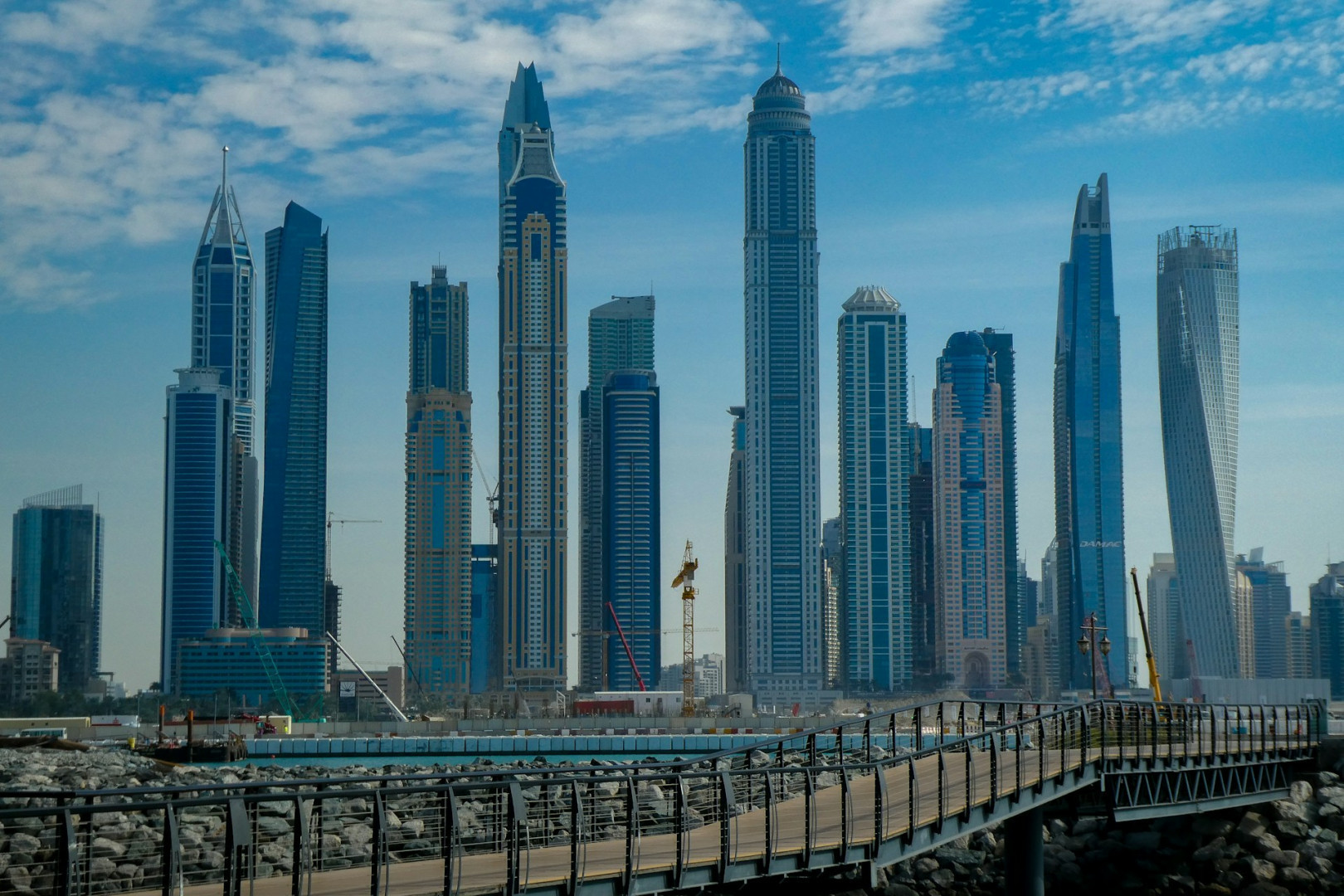
Off-plan properties
About us
Every sunset villa looks perfect in renderings — but behind the tropical dream, not every developer builds on solid ground.
Bali’s real estate market is thriving. From ocean-view villas in Uluwatu to boutique apartments in Canggu, new projects launch every month. Yet behind the growth, not all developers are equally reliable. Before you sign a contract or transfer a single dollar, it’s essential to verify your developer — legally, financially, and technically.
This guide by DDA Real Estate explains how to conduct due diligence and protect your investment in Bali’s property market.
Start with the foundation — make sure the developer is a registered legal entity in Indonesia.
What to request:
Red flag: verbal claims like “the land is in process” or “we’ll transfer it later” are common traps. Insist on written, notarized proof.
A credible developer always shows their track record:
Tip: Search previous buyers’ feedback online — it often reveals more than glossy brochures.
Since 2021, PBG (Persetujuan Bangunan Gedung) replaced the old IMB permit system. Make sure all documents are active and issued in the developer’s name.
| Permit | Description | Why It Matters |
|---|---|---|
| PBG | Building approval (replaces IMB) | Confirms legal right to build |
| SLF | Certificate of occupancy | Required for handover |
| Pondok Wisata | Short-term rental license | Mandatory for Airbnb-style operations |
Projects without PBG or Pondok Wisata may face shutdowns or fines — even if they look legitimate.
A reliable developer provides escrow or notary-controlled payments.
Typical secure payment plan:
Avoid upfront payments above 50% — especially if no escrow is used or construction hasn’t started.
Ask questions that go beyond marketing:
Then, research independently:
Warning: if all you see are 3D renders and no land development — it’s likely a speculative project.

Never rely on the developer’s “recommended” legal team. Hire your own Indonesian notary (PPAT) or English-speaking property lawyer to:
DDA Real Estate collaborates with vetted notaries who specialize in property transactions for international investors.
Physical verification matters. Visit the site — or delegate it to a trusted agent — and evaluate:
If you can’t be in Bali, request independent photo and drone reports from a local inspector.
Bali’s real estate scene attracts genuine professionals — but also opportunists who rely on marketing, not transparency. Before you invest, watch for these warning signs:
Refusal to share legal documentation. Transparency is non-negotiable. A trustworthy developer will willingly share:
If instead you hear “we’ll show it after you sign” or “documents are in progress,” it’s a sign of disorganization — or something worse. Ask politely, but firmly. A professional developer is proud to show their paperwork; a dishonest one avoids the topic.
Phrases like “only two units left,” “price increases next week,” or “foreign buyers are lining up” are classic pressure tools. Developers who push urgency often want to close deals before investors have time to check the details. Real opportunities don’t expire overnight — fake ones do.
Serious developers rely on documentation, not persuasion. They’ll walk you through legal steps, show you real progress, and never rush your decision. Before you sign anything, slow down, ask questions, and verify everything — it’s not just your money, it’s your future investment security.
Bali’s property market is shifting toward eco-luxury, wellness, and digital nomad developments — especially in Uluwatu, Canggu, and Karangasem.
Investors who choose verified developers enjoy:
“Due diligence is the real first investment — everything else comes after.”
| Step | What to Verify | Who to Contact |
|---|---|---|
| Legal entity | PT / PT PMA documents, BKPM registration | Developer / Notary |
| Land status | Hak Milik / Hak Sewa ownership proof | BPN (Land Office) |
| Construction permits | PBG, SLF, Pondok Wisata | Local government |
| Payment process | Escrow, milestone-based schedule | Bank / Notary |
| Legal assistance | Contract verification, registration | Independent Lawyer |
| Developer history | Completed projects, online reviews | DDA Real Estate / Public records |
Read Also: “How To Find the Best Real Estate Agents in Bali”, “How Foreigners Can Own Property in Bali", “Why Should You Invest in A Beachfront Property in Bali”.
Every villa starts with a dream — but only verified developers turn that dream into a safe investment. Before you buy, inspect the company, permits, and payment system. A few days of due diligence can save years of legal trouble.
At DDA Real Estate, we help investors verify developers, check permits, and structure secure property deals in Bali’s most promising locations.
Smart due diligence today means real profit tomorrow.